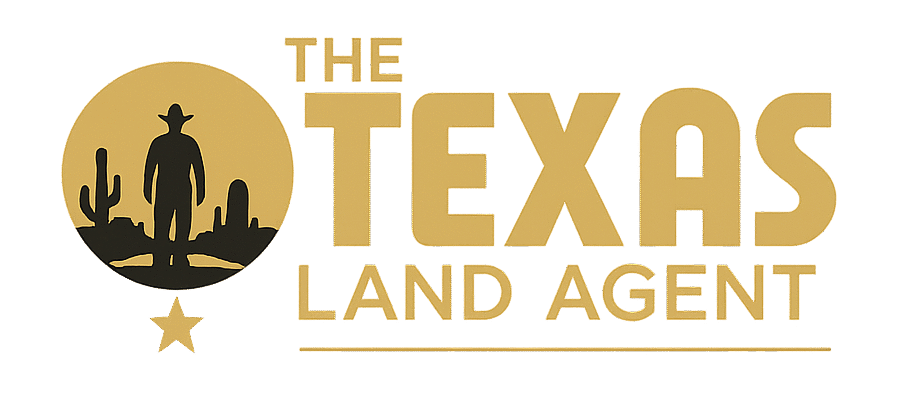When it comes to property rights in the Lone Star State, few topics generate as much discussion as eminent domain. As Texas continues to experience rapid growth and development, understanding your rights as a property owner has never been more crucial.
What is Eminent Domain in Texas?
Eminent domain refers to the government’s power to take private property for public use, provided they offer “just compensation” to the owner. In Texas, this authority extends beyond traditional government entities to include private companies in certain circumstances.
Key Players Who Can Exercise Eminent Domain
- Government entities (state, county, city)
- School districts
- Pipeline companies
- Utility providers
- Transportation authorities
- Private companies developing public infrastructure
The Condemnation Process in Texas
The Texas eminent domain process follows specific steps designed to protect both public interests and property owners’ rights:
1. Initial Offer and Negotiations
Before initiating condemnation proceedings, the condemning authority must:
- Provide a written offer to the property owner
- Include an appraisal from a certified appraiser
- Allow at least 30 days for the owner to respond
- Make a final written offer at least equal to the appraised value
2. Landowner Rights
Texas property owners have significant rights during this process:
- The right to receive fair compensation
- The right to challenge the taking in court
- The right to negotiate the offer
- The right to hire their own appraiser and attorney
- The right to repurchase the property if it’s not used within 10 years
The Bona Fide Offer Requirement
Texas law requires condemning authorities to make a “bona fide offer” before proceeding with condemnation. This includes:
- A written initial offer
- A copy of the property appraisal
- The Landowner’s Bill of Rights
- A final written offer at least 30 days after the initial offer
Just Compensation: What You’re Entitled To
Under Texas law, just compensation includes:
- Fair market value of the condemned property
- Damages to remaining property (if only a portion is taken)
- Lost profits in certain circumstances
- Relocation expenses when applicable

Recent Changes in Texas Eminent Domain Law
The Texas Legislature has strengthened property owner protections in recent years:
- Enhanced disclosure requirements
- Stricter rules for determining public use
- Better compensation standards
- Stronger landowner rights in abandonment cases
Tips for Property Owners Facing Eminent Domain
- Don’t accept the first offer without review
- Seek independent appraisal services
- Consult with an eminent domain attorney
- Document all communications with the condemning authority
- Research comparable sales in your area
Common Misconceptions
Many property owners misunderstand their rights under Texas eminent domain law:
- You can’t simply refuse to sell
- The government must prove public use
- Private companies can have condemnation authority
- You have the right to challenge the taking’s necessity
When to Seek Legal Help
Consider hiring an attorney if:
- The offer seems below market value
- You question the public use claim
- The condemning authority isn’t following proper procedures
- You need help understanding your rights
Conclusion
While eminent domain remains a powerful tool for public development in Texas, property owners have significant rights and protections under the law. Understanding these rights is crucial for ensuring fair treatment and just compensation in any eminent domain proceeding.
For the most current legal advice regarding your specific situation, consult with a qualified Texas eminent domain attorney.
A great resource of information about eminent domain law A SURVEY OF EMINENT DOMAIN LAW IN TEXAS AND THE NATION




